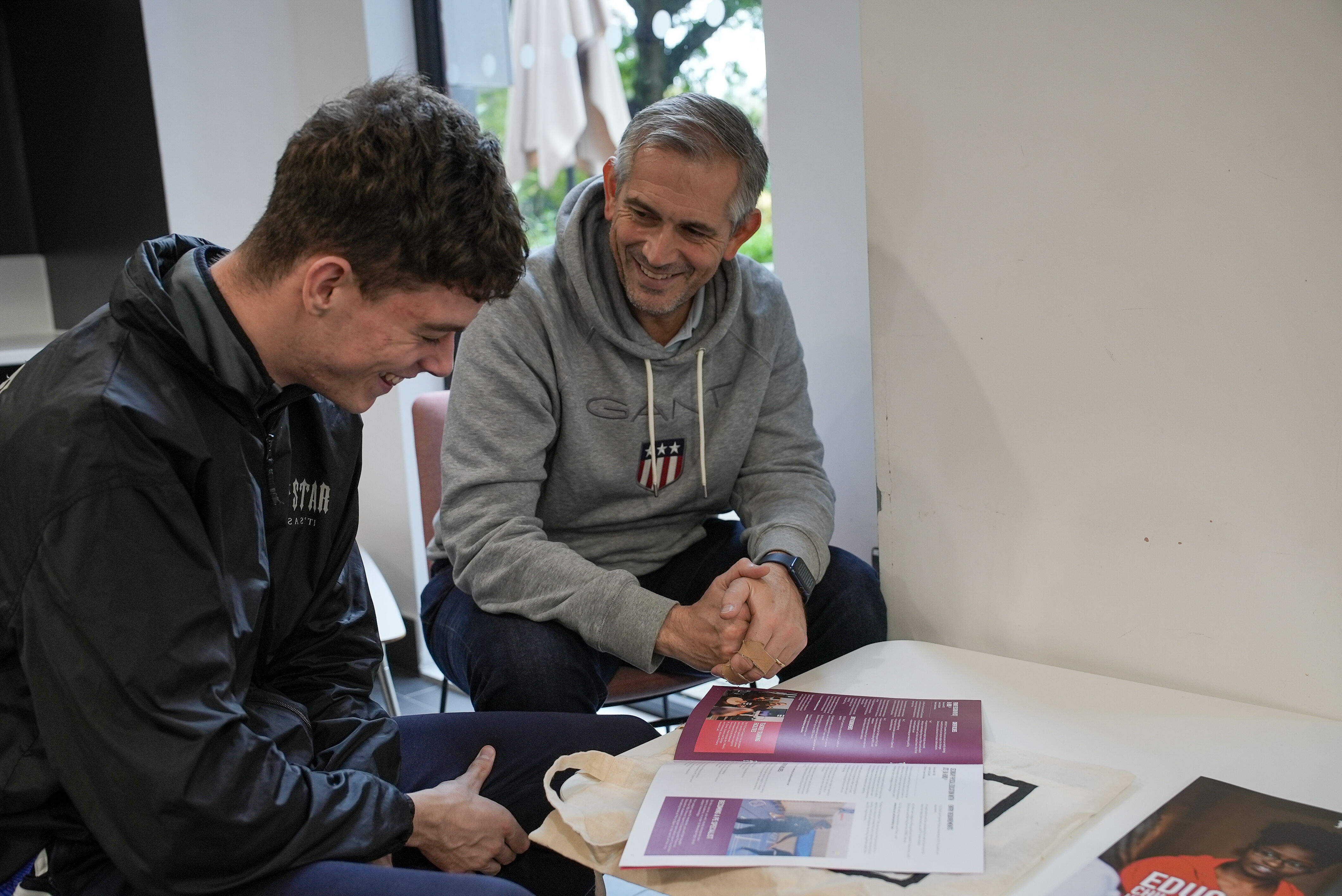
Blog Article

Exam season is just around the corner, but you can barely remember the last time you were sat with an answer sheet in front of you. If you’ve got a stressed student on your hands and aren’t quite sure whether you’re helping or hindering them, here’s a bit of advice on how best to help them with exam revision.
Ask questions
Take an interest in revision and the exam period, even if it’s on a subject or topic you know nothing about. Asking questions not only gives your child the reassurance that you care, it can also help them with revision and trying to recall information, in an informal non-work environment. This could be really useful to them without them even knowing it!
Have your own exam timetable
All students should be provided with a timetable of their exams by their school. When they first receive this, it’s definitely worth making a copy. Knowing when they have their exams will help you to be aware of how they might be feeling: stressed in the days leading up to the exam; worried the night before; down or up in the hours afterwards depending on how it goes. Being prepared for these moods means you’ll be able to give the correct support as well as knowing the reason your child may be feeling this way. It will also allow the household to be more considerate the night before early morning exams or the morning of afternoon exams
Let certain chores and rules slide
Don’t underestimate how busy and stressful revision and exam season can be. It’s a wise move to loosen up on the chores and house rules that may usually apply to your son or daughter. If their room goes uncleaned or they claim they haven’t got time to do the washing take it at face value, and don’t drag them away from their revision to do it. Letting them focus solely on revision and the upcoming exams will only benefit them, and you, in the long run.
Help them to review and move on
It’s important that your son or daughter doesn’t stress over exams that have gone. Ask them how the exam went, but don’t make any sweeping statements like ‘I’m sure you did fine’ or ‘it’ll be okay’. If it has gone badly you weren’t there to know if they did fine and you can’t promise that they will indeed get the desired marks. Both of these statements can make them dwell more on the exam. Quickly follow up with questions on the next exam to move their line of thought onto the next exam and help them to focus on the future not the past. ‘What’s up next’, ‘what topics might come up’ and ‘what are the questions like?’ It’s also fine for no revision to be done on the day after an exam. Let them have a rest, re-focus and move onto the next one the day after.
Food
Food is vitally important during revision. Too much sugar, coffee and other junk can cause unproductive highs, followed by even worse lows. Fill the cupboards with fruit and veg, maybe stop stocking the fridge with easily obtainable chocolate and other sugar highs. Cut down on the amount of fizzy drink in the house and encourage them to drink plenty of water. There’s no need to go on full lockdown on snacks, but if the cupboards and fridge aren’t as inviting then they’re less likely to be stuck in a daily sugar slump.
Don’t believe the hype
Never over hype the importance of an exam! Your child will know what is riding on the difference between two grades, and what will happen if it doesn’t go well. They don’t need extra stress from other parties, friends or family over hyping it. The last thing they need to feel is that their relationship with you boils down to whether they get that B or C.
Learn a bit yourself
If you’re unfamiliar on a subject or topic, why not learn a bit yourself? Have your son or daughter relay the information they’ve learnt back to you, help them with flash cards or act as the invigilator whilst they sit past exam papers. If they feel like you’re getting something out of it and genuinely interested they’re more likely to want to include you in their revision and that’s invaluable!
Praise and reward
Rewards are a fine line to walk! They’re a great way of encouraging work but if you’re not careful they can increase the pressure. It’s by far better to reward students when they get to the end of their exams and revision rather than waiting and see what marks they get or letting them know that rewards are mark dependent. This, again, only increases the pressure and adds an extra level of stress.
Good place to revise
Make sure they have a good quiet place to revise. If they share a bedroom with a sibling, or if there are people working from home during the day, is there a quiet room in the house they can use as their dedicated revision space? Be aware when they may be studying. Avoid vacuuming or any other noisy tasks at vital times for them. All this will help to decrease stress and create a good environment for them.
